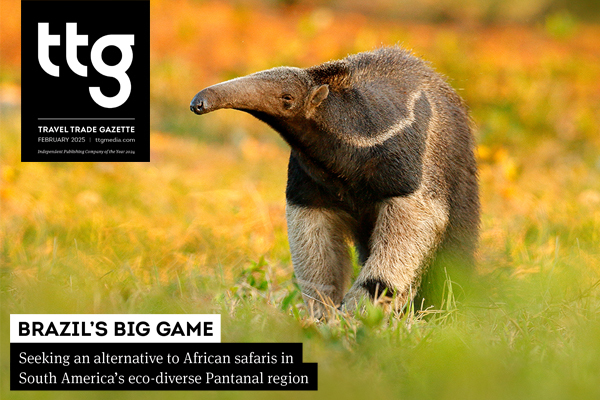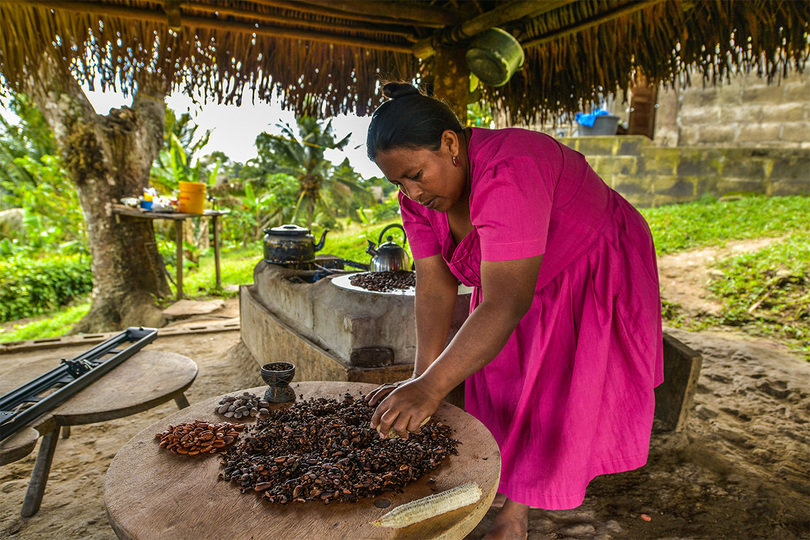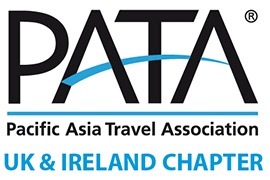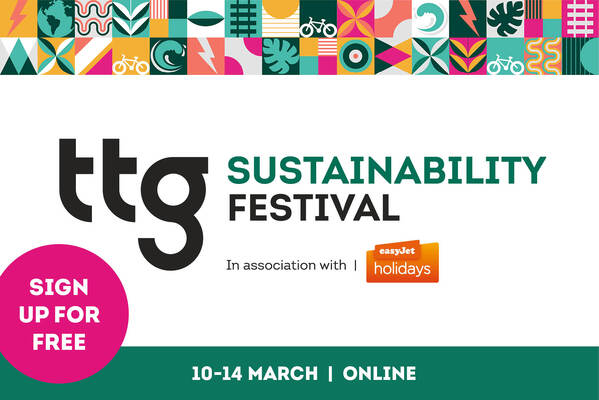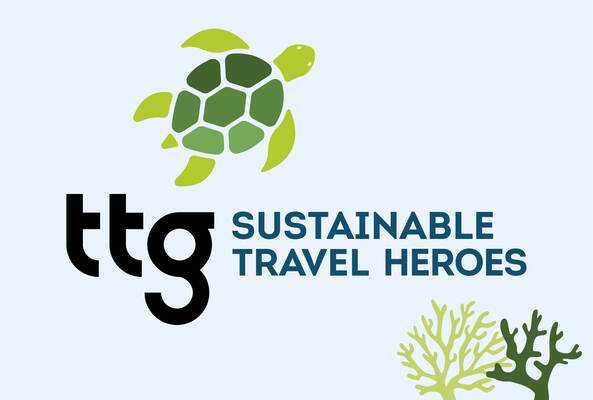'Agents have to work harder to show Google their content is truly valuable – here's how'
 Mags Sikora
Mags SikoraIn March, Google rolled out a groundbreaking update to its algorithm, sparking both excitement and trepidation among travel marketers and content creators.
Google’s core update is a big shift from its "helpful content system" introduced in 2022. It is now getting more thorough, using new ways to figure out how valuable content is, and rewarding it accordingly with a higher ranking.
In basic terms, this means Google will review every page on its own. If your website has what it regards as "unhelpful" pages – thin content, or pages clearly built for search engines – it could now affect the overall search performance of your website.
Removing low-quality pages, such as those with little valuable information or copied content, will help to ensure "helpful" pages rank better. So, what are the basic checkpoints for agents and travel marketers to ensure their pages are "helpful", according to Google?
Prioritise originality and depth
Google will now prioritise content which demonstrates a fresh take on its subject, and depth of knowledge.
Instead of regurgitating or repurposing what others have said, add a unique, first-person perspective – perhaps using insights gained on a fam trip that can bring a real, authentic flavour to your content and make it stand out.
Focus on quality and clarity
Design your headings and titles to clearly reflect your content’s essence, steering clear of sensationalism or "click bait".
Strive to create content so compelling and informative that users would save it for later or share with others, comparable in quality to what might be found in established and authoritative media.
Demonstrate expertise and trustworthiness
Travel agents and writers should make their content more reliable by having experts write or review it, and by being open about where their information comes from. This means listing sources, checking facts, and giving credit for quotes.
Consider hiring or consulting someone who really knows the place they’re writing about, set up special pages for their bios, and get your content noticed on specific platforms to build your reputation.
Also, using an "author" schema on your website helps search engines understand who wrote the content, making it seem more trustworthy. Set up a policy for reviewing and editing content and make it a habit to check your content on a regular basis.
Then, whenever you update an article, include a note stating when it was first written and the date it was last updated.
Enhance the page experience
Make your pages better by not rushing or skimping on quality. Avoid the trap of mass-producing content; take the time to really polish each page. If you’re using tools in your content creation, be honest about it and show how they make your content better.
Apply audience-first content creation
Put your audience first in everything you write. Write to teach and engage them, using your travel knowledge to meet their interests. Aim to make your readers feel more knowledgeable with every article or guide.
Don’t write just for better search engine spots, especially on topics you don’t know well or with tools that don’t really add anything. Avoid chasing the latest trends or frequently updating content without making significant changes unless it truly helps your readers.
Should you use AI for content or not?
Although the purpose of this latest update is partly to reduce the presence of low-quality and "samey" AI-produced content, AI can still be used to produce helpful pieces when combined with human insights.
Think about using AI as a helper for your writing rather than leaning on it as your chief writer. It can help make your content better, but don’t make it the main source of your ideas.
Use your expertise to polish what can be produced by AI, integrating the credibility and authenticity that can only come from human experience to produce something unique.
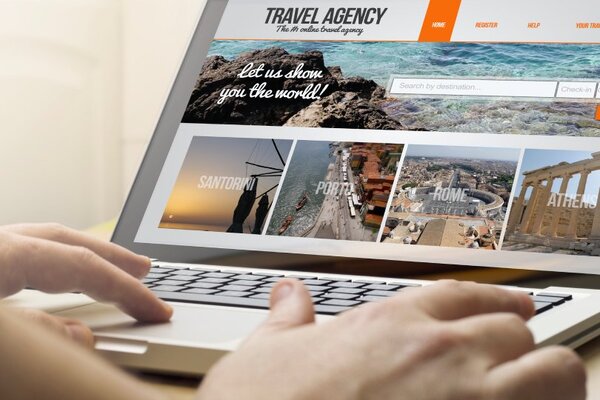
In the travel industry it’s become common practice to create lots of landing pages to attract new visitors. This approach, known as programmatic SEO, can work well – like Google’s flight pages do – if done right.
But if not done well, fixing your content so it aligns to the new core update should be a priority for brands which want to rank well, as the intention of Google’s core update is to put the emphasis on creating content that’s high in quality, unique, and useful.
Mags Sikora is an SEO and digital marketing specialist, who has devised and implemented search strategies at a range of high-profile global travel brands. These include Expedia and dnata, where she was group SEO director and led the SEO function across Netflights, Travelbag, Emirates Holidays, Travel Republic and dnata Travel. She is a member of the Llama collective of travel marketing specialists, helping brands all over the world to sharpen their marketing.
Learn from the Llamas
TTG has teamed up with travel's new marketing collective, We Are Llama, to tap the team's industry knowledge and experience, and offer agents monthly insights, tips and guidance on how they can make the most of the marketing resources at their disposal.
Phil Bloomfield: How agents can plan ahead for the next inevitable crisis
Heath Heise: Should agents have a share of the TV ad spotlight?
Andrew Shelton: Forget 'make do and mend' travel marketing
Mags Sikora: Agents swayed by AI must remember to keep a firm hand on the wheel
Lisa Edwards-Webb: Why email still has a place in travel marketing's arsenal
Marta Safin: How to make the most of whatever time you can dedicate to social media
Andrew Shelton: Why it's time to spring clean your marketing... in August
Phil Bloomfield: Will Threads pull everything together – or unravel your social media strategy?
Sign up for weekday travel news and analysis straight to your inbox

Mags Sikora
Supplier Directory
Find contacts for 260+ travel suppliers. Type name, company or destination.

